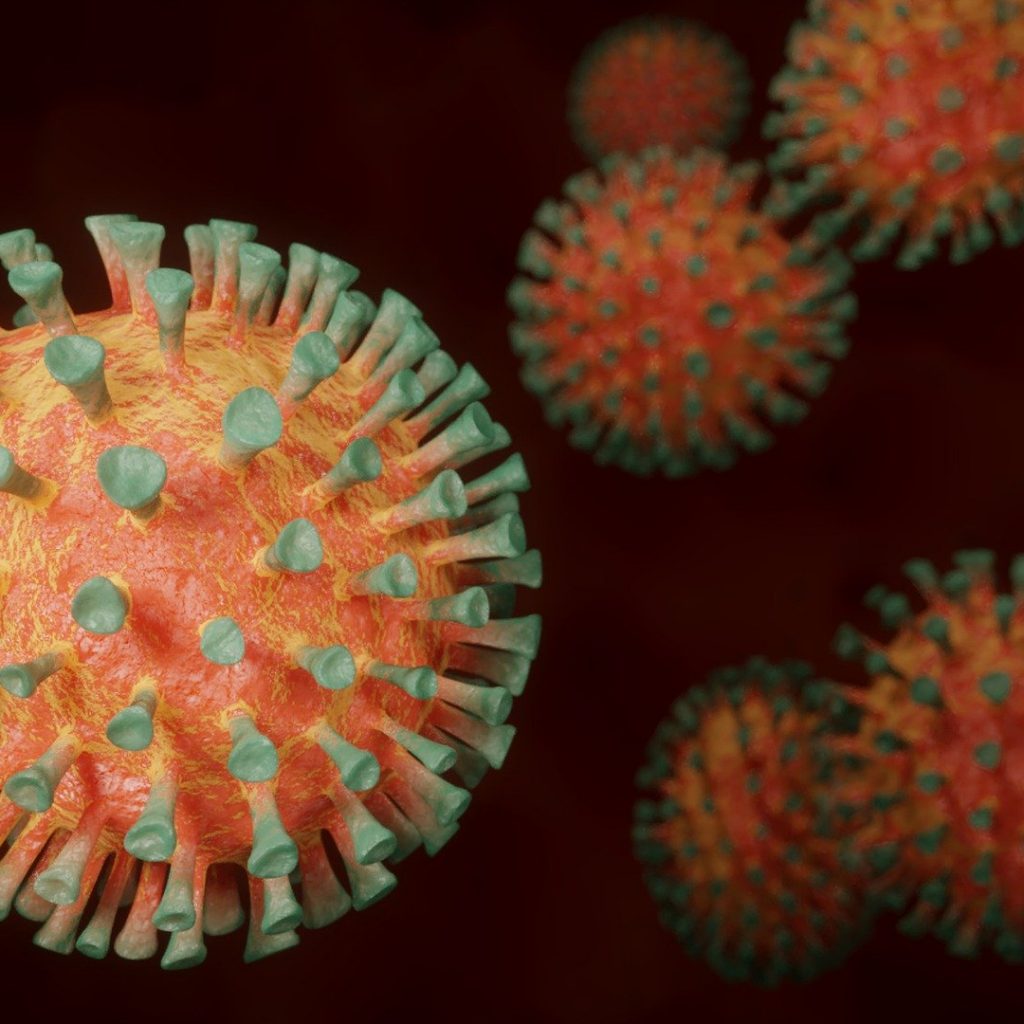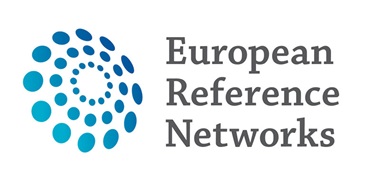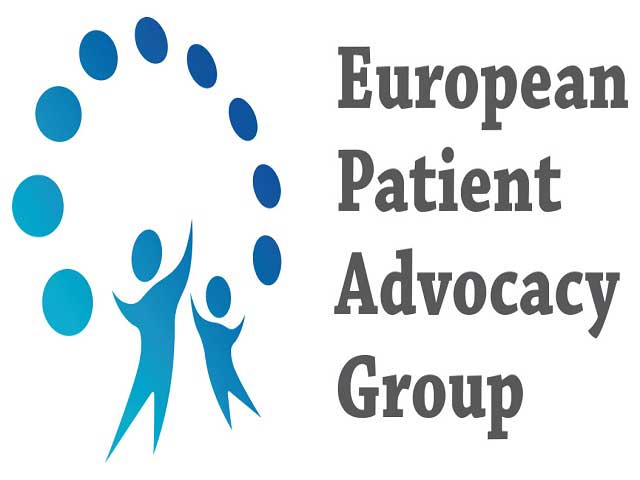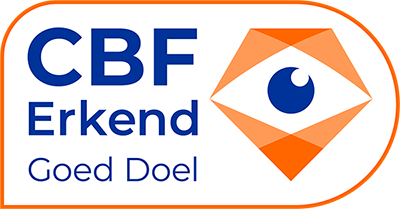Updated 20 March 2020.
These recommendations may be subject to change and will be updated as needed.
The World Health Organization (WHO) has now officially declared COVID-19 as a pandemic. In most cases, COVID-19 produces a mild respiratory infection, but in a minority of cases, the disease can be more severe and require hospitalization or even ICU care. The following recommendations come from :
ECDC: European Centre for Disease Prevention and Control
https://www.ecdc.europa.eu/en/novel-coronavirus-china/questions-answers
Additional information by country:
* Belgium (SPF Santé Publique/ FOD Volksgezondheid)
https://www.info-coronavirus.be/
* Finland (Sosiaali- ja terveysministeriö)
https://stm.fi/
* France (Ministère des Solidarités et de la Santé)
https://solidarites-sante.gouv.fr/soins-et-maladies/maladies/maladies-infectieuses/coronavirus/
*Germany (the Robert-Koch-Institute)
https://www.rki.de/DE/Content/InfAZ/N/Neuartiges_Coronavirus/nCoV_node.html
* Ireland (Government of Ireland)
https://www.gov.ie/en/
https://www2.hse.ie/coronavirus/
* Italy (Ministero della Salute)
http://www.salute.gov.it/portale/p5_11.jsp
* Spain (Ministerio de Sanidad, Consumo y Bienestar Social and Departament Salut de la Generalitat de Catalunya)
https://www.mscbs.gob.es/en/profesionales/saludPublica/ccayes/alertasActual/nCov-China/ciudadania.htm
http://canalsalut.gencat.cat/ca/salut-a-z/c/coronavirus-2019-ncov/
* Sweden (Government Offices of Sweden)
https://www.government.se
* the Netherlands (the National Institute for Public Health and the Environment (RIVM)
www.rivm.nl/en
Also (USA): the Center for Disease Control and Prevention
www.cdc.gov/coronavirus/2019-nCoV/index.html
Recommendations for the general public.
In general, the measures to prevent transmission of COVID-19 are similar to other respiratory illnesses such as the flu. Complicated vascular anomaly patients should maintain the same degree of vigilance about infection control as they do in the typical flu season. The most important recommendations to prevent transmission of COVID-19 are:
- Don’t shake hands. If you do, the virus can be transmitted.
- Ensure good hand hygiene and wash your hands several times a day.
- If you get a cold, sneeze/cough in the elbow and not in your hands.
- Stay at least 1.5 meters away from all other people. It is impossible to know who is currently infected by the virus, as half of the infected ones do not have any symptoms.
- If you have been in direct contact with someone who has the coronavirus (proven by testing) you may also become ill yourself. In that case, make sure you stay at home so that you can’t infect others (The general rule currently is for 14 days). In case you have more than a cold, for example, respiratory problems in the form of shortness of breath, fever or otherwise, contact your own doctor to discuss what to do.
If you may be infected by the coronavirus, there is a good chance that your family members may also be infected. The same recommendations apply here: stay at home so that the risk of infecting others is as low as possible.
REGARDING MEDICATION USE BY VASCULAR ANOMALY PATIENTS
In general: DO NOT stop any medication unless directed to do so by your health care provider
For patients who take sirolimus or other drugs that suppress the immune system:
- In principle, if you have no disease symptoms and have not been in contact with someone with the coronavirus, you can continue with the medication.
- If you have a cold, or have been in recent contact with someone who does have the coronavirus, please consult your attending physician.
- If you have fever and/or respiratory difficulties, stop sirolimus and contact your health care provider.
- The use of antibiotics can usually be continued, but they can also be stopped in some cases should symptoms of the disease occur.
For patients who use other medicines or chemotherapy (steroids, Avastin®, vincristine, alpelisib, Mekinist®, thalidomide, etc.)
- Based on current statements and how influenza outbreaks are managed, it is recommended to continue taking the drug unless your child/you or an immediate family member or close contact has been diagnosed with COVID-19.
- If you or your child falls ill, discuss the above remedies with your healthcare provider, along with other care instructions. Your healthcare provider knows you or your child best and will be able to make those decisions that relate specifically to diagnosis, medication, amount of medication, and risk.
- Please discuss a plan with your health care provider.
What precautions, if any, are warranted for patients with Sturge Weber Syndrome (SWS) who are taking anti-seizure medications regarding COVID-19?
- Anti-seizure medications should be continued if you or your child has a positive exposure or symptoms unless advised otherwise by your health care provider.
- Fevers will lower a seizure threshold, so these medications are important.
- Discuss with your health care provider prior to or if you/your child has a positive exposure or symptoms.
For children with an infantile hemangioma currently being treated with a beta-blocker (e.g. propranolol or atenolol), the following considerations/recommendations apply:
- If a child has no underlying heart or lung disease, beta-blockers are not a danger.
- Beta-blockers are not immunosuppressants, but they can worsen the symptoms of a viral infection such as wheezing. If a child has a fever and/or gastroenteritis, and/or lung symptoms, your health care provider should be called immediately to discuss the continuation of beta-blockers.
- If in doubt, stop the beta-blocker and seek advice from your healthcare provider as soon as possible.
- If a patient has a hemangioma in the airway and has been exposed to COVID-19 or has symptoms, the health care provider should be informed immediately.
Painkillers: paracetamol as first-line treatment for vascular malformations:
- In the scientific (and non-scientific) press there have been rumors that ibuprofen (and perhaps similar substances from the group of NSAIDs = NonSteroidal Anti-Inflammatory Drugs, such as: diclofenac and naproxen) may be unfavorable in combination with an infection with the coronavirus. There is no solid data about this though and the WHO recently retracted its warning about ibuprofen.
- In case of a proven COVID-19 infection, contact your healthcare provider
FAQs by vascular anomalies patients
Is there a higher risk of serious complications due to COVID-19 for vascular anomaly patients?
In general, there is no concern that people with a congenital vascular anomaly run a higher risk of complications due to COVID-19. However, if the vascular anomaly affects the lungs, the mediastinum, the liver or the kidneys, you might be at a higher risk.
In general, children are relatively spared of symptoms caused by COVID-19 infection, and only very few of the infected children need intensive care admission.
Who is at higher risk for serious illness from COVID-19 and how can this be related to complicated vascular anomalies ?
- People over 50 years of age.
- Smokers.
- People with serious chronic medical conditions such as:
- Reduced resistance to infection, due to:
- Medication for an autoimmune disease; organ transplantation; hematological disorders; congenital or later-onset immune disorder (immunodeficiency) requiring treatment; chemotherapy and/or radiation in cancer patients; HIV infection.
- Diabetes mellitus.
- Heart Conditions (g. coronary heart disease) and specific issues related to vascular anomalies : pericardial effusions, pulmonary hypertension and / or other cardiac dysfunction from a vascular anomaly.
- Lung Disease (g. asthma, COPD) and specific issues related to vascular anomalies : pulmonary effusion and / or pulmonary involvement or disease from a vascular anomaly, bone disease in the ribs, sternum, upper vertebrae, history of pulmonary embolism, history of multiple pulmonary infections, vascular anomalies that affect the airway, or patients on medication that can worsen respiratory symptoms.
- Hypertension (high blood pressure).
- Acute or chronic liver or kidney disease.
- Cancer.
Finally
If you (or your child) are sick or hospitalized due to COVID-19 and you have a (complex) congenital vascular anomaly, we recommend the following:
- lf you are hospitalized, make sure the team discusses your specific case with your vascular anomaly specialist
- lf you or your child are not able or strong enough to walk (and thus lying in bed and not moving as in normal daily life), and you have a vascular anomaly that puts you at high risk for thrombosis (blood clots), please make sure your treating physicians are aware of this. This also applies if you have a history of blood clots, coagulation abnormalities, large ectatic veins.
If you have ANY doubt about what to do or about the complaints you have: contact your attending physician or, if necessary, your general practitioner.
DISCLAIMER
The vascular anomalies community advocates have jointly collaborated with our medical advisors to develop a FAQ information sheet for COVID-19 information as it relates to our population. Please remember it is for general information purposes only. lt is not intended to be a substitute for professional medical advice, diagnosis or treatment. Specific situations might cause a variance in response, and if you are not sure, always seek the advice of your physician or other health care providers as they are the most familiar with your situation.
COVID-19 information is changing daily. Please consult the pages referenced above for the most current information.






